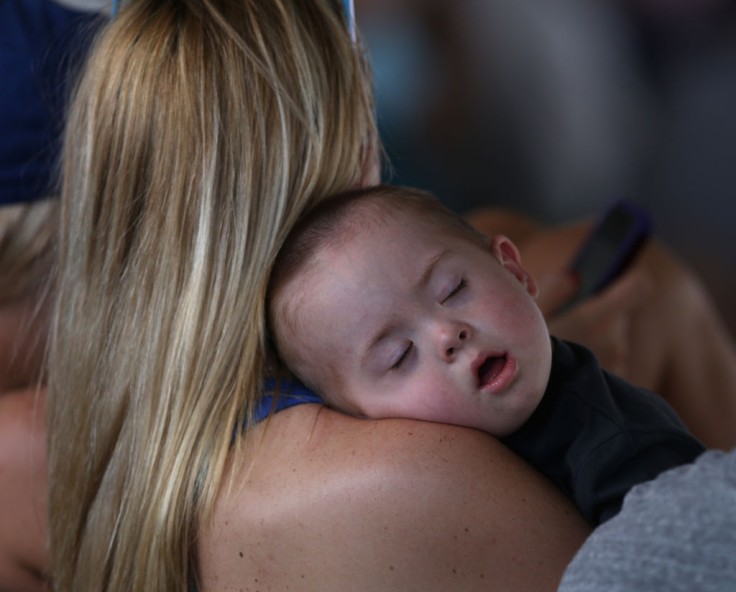
According to the latest report on a landmark research on poverty in the U.S, low-income families who get an additional $4,000 a year could improve their baby's brain development.
Published in the Proceedings of the National Academy of Science (PNAS), the study involves an ongoing experiment called Baby's First Years, consisting of 1,000 mothers with babies from disadvantaged communities. One group of mothers receives $333 a month, while the other group gets $20 a month in the form of debit cards funded by a charity.
The families signed up for the study in 2018 with the agreement that the researchers would track their children's development until their fourth birthday. They all come from families with an annual income of a little over $20,000.
Initial Findings from the Baby's First Years Experiment
The participants, who hail from New Orleans, New York City, Omaha, and the Twin Cities, were told to spend the cash however they desired. After 12 months, the researcher team, led by Dr. Sonya Troller-Renfree, measured the brain activity of their babies with an electroencephalography (EEG).
The study results showed that the group of mothers who got the $333 monthly cash gifts had babies with higher brain activity frequency than the moms in the low-cash group. Columbia University expert Kimberly Noble noted that their results indicate a fact that many experts know all along.
"Kids growing up in poverty often show less of that high-frequency brain activity," Noble said. "We're showing for the first time that poverty reduction has a causal impact on brain activity."
The experts speculated that the moms from the higher cash gift group had enough resources to change their baby's environment, which impacted the positive changes to their baby's brain development. However, the study will still determine what these specific changes were.
Katie McLaughlin, a Harvard psychology professor who was not part of the study, assumed that the additional $4,000 income also reduced parental stress, allowing parents to devote their energy to their children. They didn't have to work more jobs to make ends meet. The outcome echoes back to a two-decade study in Romania that showed kids raised in high-quality foster care developed high-frequency brain activity compared to children in cash-strapped institutions.
Relevance to the Expanded Child Tax Credit
The study comes as Congress is still debating on extending the expanded Child Tax Credit. From July to December 2021, American parents received monthly checks of over $300 per child as part of the pandemic assistance from the government.
This spring, the second half of the child tax credit payments will be given out in lump sum during the tax filing season. However, as January 2022 is the first month without this monthly credit, many proponents of the extension said that families would descend back to distress and poverty, especially with skyrocketing prices of essential goods due to inflation.
According to the Center on Poverty and Social Policy, based in Columbia University, the monthly child tax credit checks helped over 3.7 million kids out of poverty. The experts projected that impoverished children would exponentially rise from 12 to 17 percent without these checks.